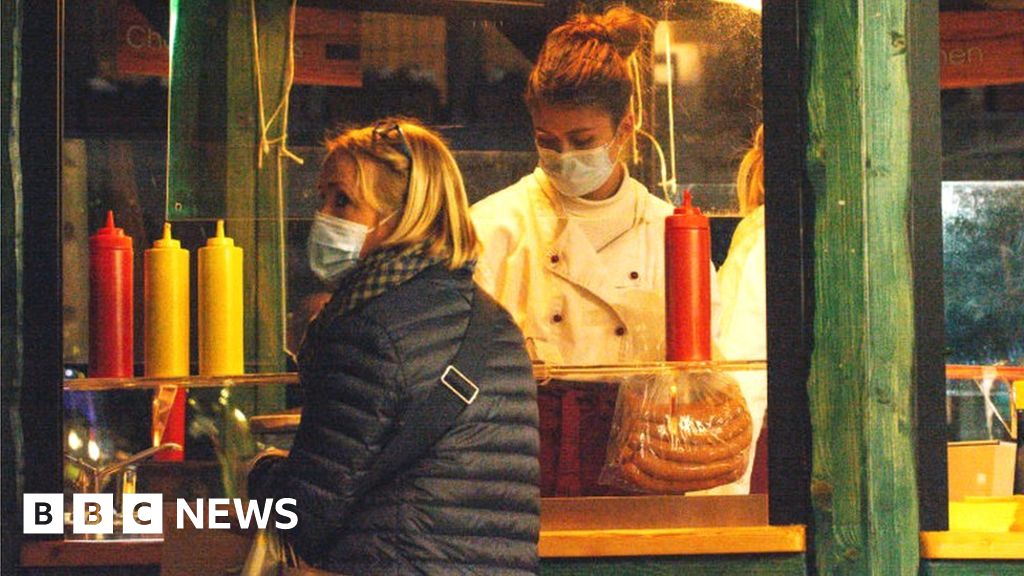Covid Live Updates: England Cuts Isolation Period for People Who Test Positive


England said on Wednesday that it was reducing the number of days that people are required to isolate after showing Covid-19 symptoms to seven days from 10 days — a change that officials said was based on updated guidance from health experts, and that could help alleviate staff shortages in several critical sectors as more people test positive.
Sajid Javid, the health secretary, said the move was based on guidance from the government’s Health Security Agencys that a weeklong isolation period along with two negative test results had “nearly the same protective effect as a 10-day isolation period.”
A surge in coronavirus cases has winnowed the staffs of hospitals, clinics, rail services, fire departments and ambulance services across England, where most pandemic restrictions have been lifted since the summer. Prime Minister Boris Johnson has resisted adding new restrictions before Christmas, although he has said that he “would not hesitate to act” after the holiday if needed.
People in England will be allowed to end their quarantines if they can produce negative tests on days six and seven. That creates a more lenient policy than in the United States, where people can end their isolation periods 10 days after showing symptoms if they have not had a fever for 24 hours and if their other Covid-19 symptoms are improving.
“This new guidance will help break chains of transmission and minimize the impact on lives and livelihoods,” Dr. Jenny Harries, the chief executive of the government’s Health Security Agency, said in a statement. She emphasized that people must continue to follow public health advice.
People who are not fully vaccinated are still required to isolate for 10 days if they come into contact with an infected person.
Elsewhere in Europe, governments have announced additional restrictions this week as cases spike. Germany, Portugal and Sweden said they were putting in place new restrictions on gatherings, and Finland is instructing restaurants to close early starting on Friday, though France has held off on introducing further restrictions before Christmas.
In Britain, the wave of infections has put severe pressure on the National Health Service, which was already under strain from worker shortages caused by funding cuts, Brexit and the exhaustion from nearly two years of facing the pandemic.
Data projections from the Health Service Journal, a trade publication, indicated that one in three workers in the National Health Service could be absent from work by New Year’s Eve if the current case rate continues.
We want to minimise the disruption Covid has on people’s lives.
Following expert clinical advice, we have cut the self isolation period from 10 days to 7 – provided you have a negative LFD on days 6 & 7.https://t.co/jpGVs2uoNC
— Sajid Javid (@sajidjavid) December 22, 2021
Britain is not currently experiencing the kind of dire shortage of beds that hospitals faced during earlier peaks of the pandemic, but the pressure on the system caused by staff illnesses is evident across the country. One London-based doctor who is responsible for scheduling said that so many of his colleagues were calling in sick from the virus that he was unable to update the work roster fast enough.
As cases surge in their communities, many health care workers are contracting the virus outside their workplaces, from contact with family members or in their day-to-day lives.
Although some evidence suggests that the Omicron variant may produce less severe symptoms than Delta, it also appears to be up to twice as transmissible.




